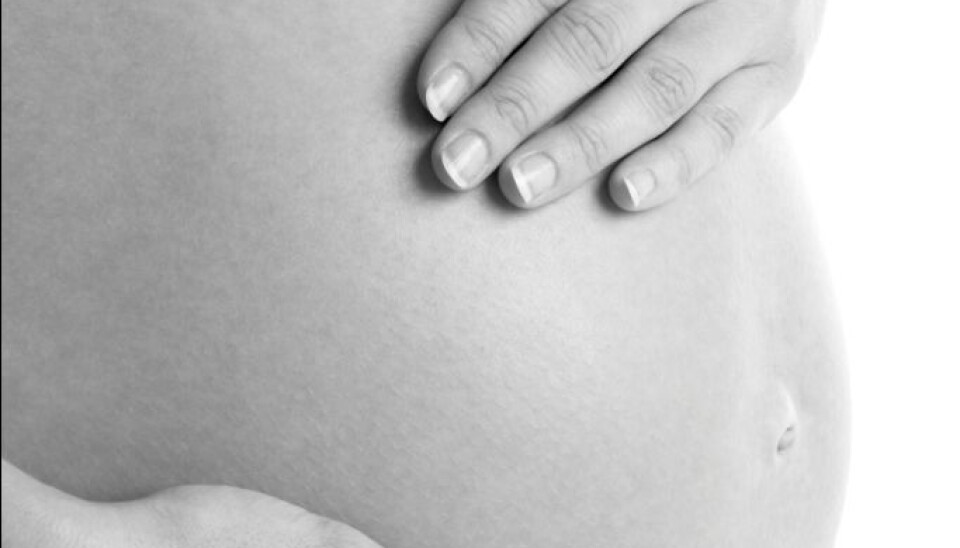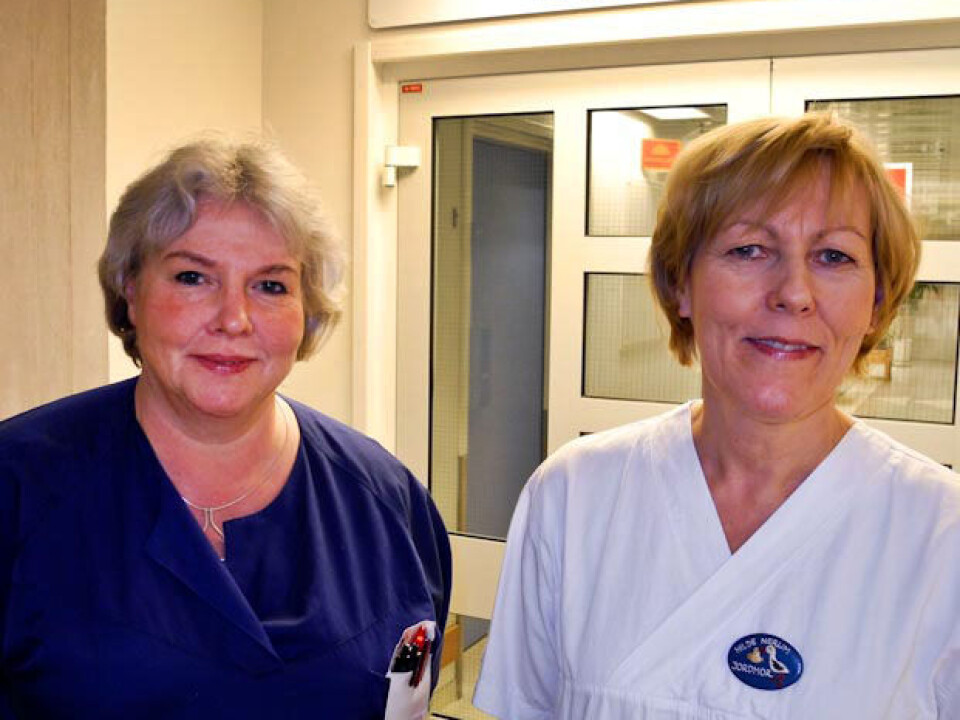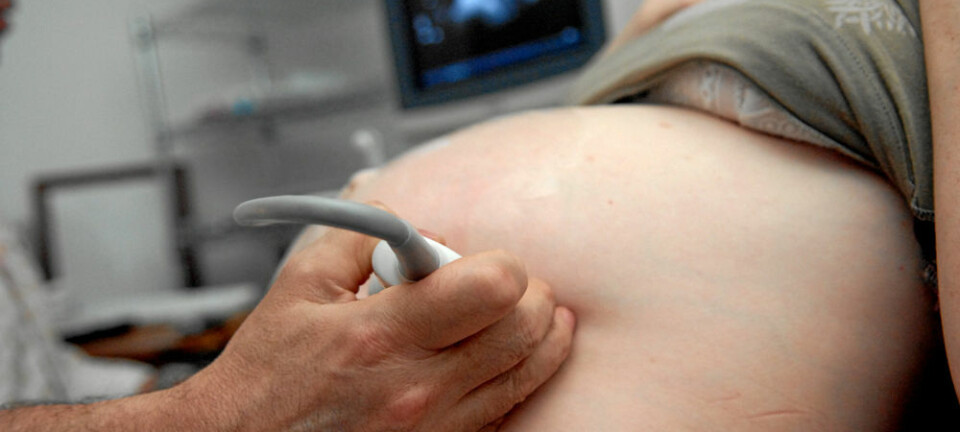An article from University of Tromsø – The Arctic University of Norway

Birth can reawaken the trauma of rape
Eight out of ten women who have been raped experience complications during their first birth.
Denne artikkelen er over ti år gammel og kan inneholde utdatert informasjon.
The problem is that the birthing process stops, according to a study from the Faculty of Health Sciences at the University of Tromsø (UiT).
Half of the women who had birthing complications needed help from ventouse, or vacuum extraction, and the other half had Caesarean sections.
Surprised by the numbers
This is the first study to examine the relationship between women who have been raped as an adult - 16 years or older - and their first birth.
The researchers were surprised to find that as many as 80 percent of the women had to have medical assistance during the delivery.

The study shows that women who have been raped stop having strong contractions towards the end of the delivery process.
“Active intervention, such as a pitocin drip, does not seem to help; in fact, it seems to make things worse,” say Lotta Halvorsen and Hilde Nerum, PhD candidates at UiT.
It appears that common medical techniques and procedures that are used during childbirth may reawaken the trauma of rape.
Trauma relived
The trauma may be reactivated when the woman is on her back and is undressed. She is surrounded by strangers who are "having their way" with her body.
"It is not hard to imagine that this can awaken memories of the assault," says Nerum.
Women who have not been raped, will have a completely different experience of the assistance they receive during childbirth.
Those who have been abused are more vulnerable. "Their experiences have been suppressed, but come forward during the birth," says Halvorsen.
Previous abuse needs more attention
Halvorsen and Nerum are both midwives at the University Hospital of Northern Norway (UNN). They emphasise that the babies that were born to the women in the study were not conceived as a result of the rape.
The study involved 50 women who all had been raped as adults. All were first-time mothers. In addition, the researchers recruited a control group of 150 women who were also giving birth for the first time.
The two researchers believe that doctors and midwives who care for pregnant women should have a greater focus on sexual abuse and rape. The issue is often shrouded in silence and shame, even though rape is one of the most violent and traumatising types of abuse a woman may be subjected to.
Before the results of the study were known, neither women or birth attendants would have thought that a previous rape could have negative consequences for delivery.
An estimated 8000 to16000 people are subjected to rape or attempted rape in Norway each year. These numbers suggest that rape can be an issue for many young women and it poses a public health problem.
Birth helpers should know women's stories
The 50 rape victims who were in the study have all been in contact with a mental health team at the UNN maternity clinic.
Halvorsen and Nerum have worked with the health team for ten years, and have heard women's stories over the years. The researchers believe that midwives and obstetricians must understand that a woman's life story also has an impact on how the birth proceeds.
An experience of rape seems to be a hidden reason for the different challenges that can arise during labour, both for the woman giving birth and for midwives.
Halvorsen says it is important that the midwife knows the woman's history, and it is especially important that these women are given the time and space they need to give birth without interference.
“That will help them to deal with their trauma,” she says.
Nerum adds it is important to create a sense of peace and security during the entire delivery. Intrusions and unnecessary intervention lead to stress and can make it difficult to give birth.
“A woman needs help to focus at birth to prevent the memories from her rape from taking over," says Nerum.
The researchers are scheduled to defend their doctoral theses in 2012.


































